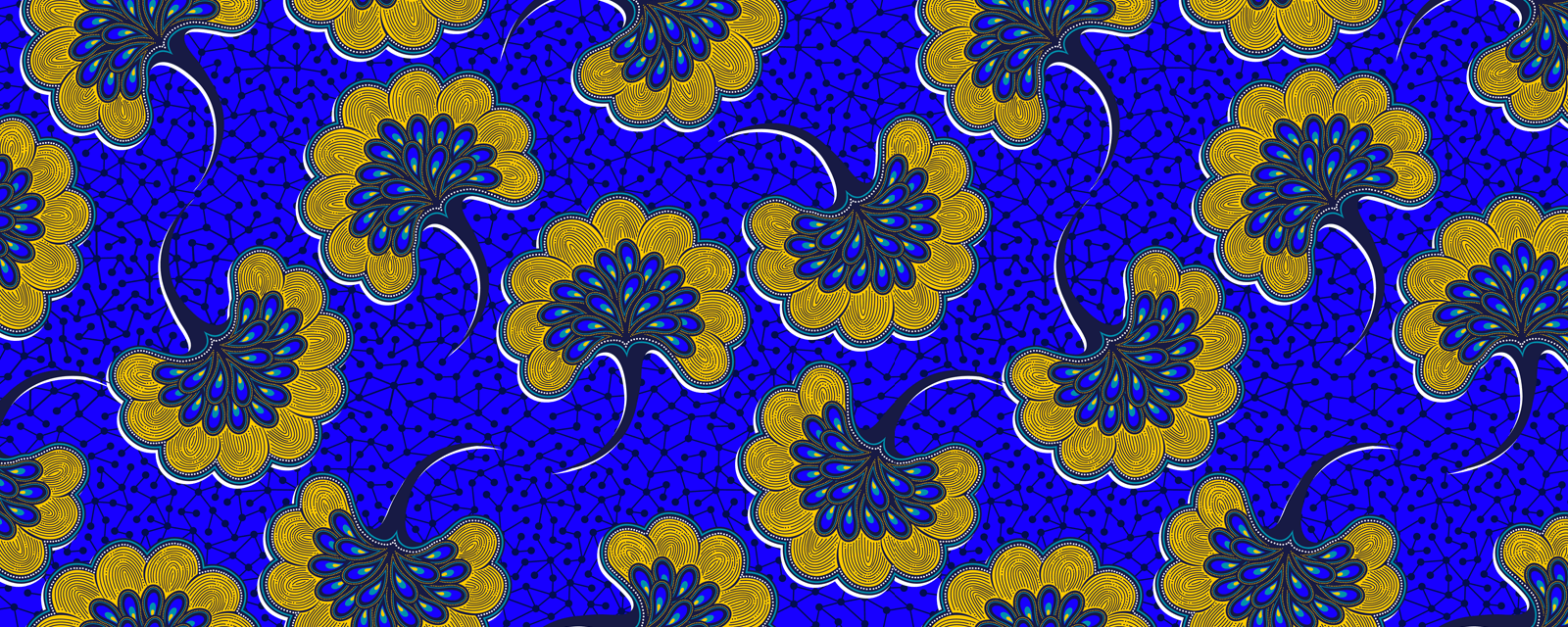Zanzibar’s location, in the Indian Ocean off the coast of Tanzania, made it a valuable base for long-distance merchants trading between the African Great Lakes (Lake Victoria, Lake Tanganyika and Lake Malawi), through Somalia, the Arabian Peninsula (including Kuwait, Oman, Qatar, Saudi Arabia, the United Arab Emirates, Yemen, Iraq, Jordan) and into Iran and India.
The musical traditions of these diverse cultures combined in Zanzibar to form taarab (from the Arabic, meaning “having joy with music”), a style of music performed by orchestral ensembles for entertainment at royal weddings and elite festive occasions in the 19th century.
Taarab music continued to evolve throughout the 20th century as differences in the gender, class, ethnicity and geographical location of the performers became more pronounced. The most influential of these performers was Siti binti Saad, the first female singer of taarab and the performer who brought the music out of the Sultan’s court and to a mass audience by singing in Swahili and becoming the first musician from Zanzibar to make commercial recordings in 1929.
One of Siti binti Saad’s songs that is most treasured by taarab enthusiasts is Kijiti, a song composed to protest the injustices encountered by women. Kijiti was never recorded for commercial release, but was learned by other female taarab singers from Siti’s live performances and sustained by the oral tradition through women’s taarab groups.
This song relates the story of a woman from Dar es Salaam who came to Zanzibar to visit some friends living in the Ng’ambo neighborhood of Michenzani. She was invited by some female neighbors for a night on the town but was later raped, tortured, and murdered by one of the men in the group, who was named Kijiti. The murderer escaped from the police and ran to the mainland, while the two women who organized the party and provided the alcohol for the occasion were found guilty of the woman’s death after testifying against Kijiti. In the final lines of the poem Siti invokes God to deliver a more acceptable form of justice.
Laura Fair,
Pastimes and Politics;
Ohio University Press (2001)
Kijiti (by Siti binti Saad)
Look you all, look at what Kijiti has done,
To take a guest and force her to run from his chase.
He went with her to the bush and brought her back as a corpse.
We left home, we did not ask for permission.
Our alcohol in the bag, we took it with us.
The dance is in Chukwani, death in Sharifmsa. (1)
Kijiti said to me, “Come on, girl, let’s go!”
Oh, if only I had known I would have refused, I wouldn’t have gone.
Kijiti, you are killing me for a single shot of booze.
The judge was mad in his chair where he sat
And said, “You bloody fools!” to the witnesses of Kijiti.
We put you in jail, Sumaili and K, the daughter of Subeiti.
These things are amazing every time we look at them.
Kijiti killed someone and in her stomach was a baby.
Kijiti crossed the river, the witnesses they have drowned.
Kijiti, I warn you, do not go to Dar es Salaam.
You will meet an old man and he is carrying a razor just for you.
People are cursing you, may God give you elephantiasis.
Here are the original lyrics in Swahili:
Tazameni tazameni alivyofanya Kijiti
Kumchukua mgeni kumchezesha foliti
Kendanae maguguni kamrejesha maiti.
Tuliondoka nyumbani hatukuaga ruhusa
Na tende yetu kapuni tumechukua kabisa
Magoma yako Chukwani mauti Sharifmsa.
Kijiti alinambia ondoka mama twenende
Laiti ningelijua ningekataa nisende
Kijiti unaniuwa kwa pegi moja ya tende.
Jaji alikasirika kitini alipoketi
Kasema bilalifuli mashahidi wa
Kijiti Tukafunga Sumaili na K binti Subeti.
Mambo haya ni ajabu kila tukiyatizama
Kijiti kauwa mtu na tumboni mna mwana
Kijiti kavuka mto mashahidi wamezama.
Kijiti nakuusia Darisalama usende
Utamkuta kibabu kakuvalia kiwembe
Watu wanakuapiza mola akupe matende.
by Siti binti Saad,
Pastimes and Politics
Laura Fair,
Ohio University Press (2001)
Footnotes
- Chukwani and Sharifmsa refer to two rural areas outside town. Sharifmsa is where the woman’s body was found.

